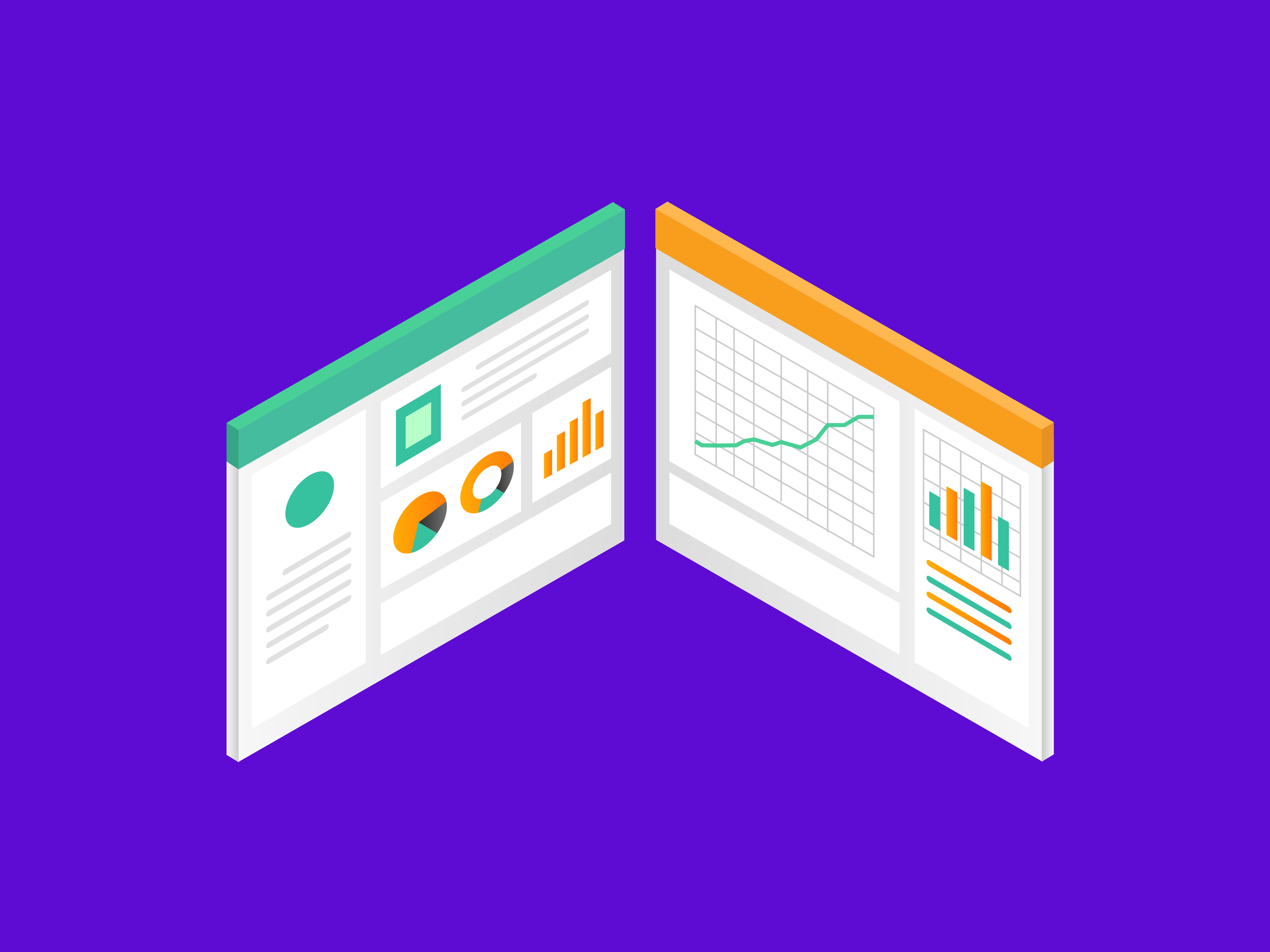In the realm of operations, data is the compass that guides decisions and fuels progress. Two key players in the world of reporting—Business Reporting and Financial Reporting—play indispensable roles in this data-driven journey.
They may seem similar at first glance, but they serve different purposes, cater to distinct audiences, and have unique characteristics.
In this blog post, we'll dive into the intricacies of business reporting and financial reporting, explore their respective use cases, and highlight the differences that set them apart.
Business Reporting: Navigating the Internal Landscape
Purpose and Use Cases
Business Reporting is the inner compass that aids an organization's internal decision-making and operational efficiency. Its primary purpose is to provide insights and information to internal stakeholders, such as executives, managers, and department heads.
Here's how it accomplishes this:
Strategic Decision-Making: At the helm of the corporate ship, executives require a panoramic view of the organization's performance. Business reports are their compass, providing insights into trends, patterns, and potential areas for improvement. These reports serve as strategic guides, helping leadership make decisions that steer the company toward its goals.
Operational Control: Middle-level managers rely on business reports to monitor and control daily activities within their respective departments. By having access to real-time data and performance metrics, they can identify bottlenecks, allocate resources efficiently, and make adjustments as necessary.
Performance Monitoring: In the pursuit of excellence, organizations must keep a keen eye on their Key Performance Indicators (KPIs). Business reporting tracks these KPIs and metrics that are relevant to different departments or projects. For example, a sales manager may closely monitor sales revenue, while a production manager might focus on production efficiency metrics.
Budgeting and Forecasting: Successful financial planning hinges on accurate data. Business reports are instrumental in creating and managing budgets, comparing actual performance to budgeted figures, and making informed adjustments to forecasts. This ensures that an organization stays on track financially.
Differences from Financial Reporting
While Business Reporting shares some similarities with Financial Reporting, it differs in several crucial aspects:
Audience: The primary audience for business reports is internal stakeholders within the organization, such as managers, executives, and department heads. These reports are tailored to their specific needs for decision-making and performance tracking.
Frequency: Business reports are often produced more frequently, such as monthly or quarterly. This frequent reporting provides real-time insights, which are crucial for agile decision-making and adjustments to operations.
Scope: Business reports have a broader scope. In addition to financial data, they may include non-financial data, operational metrics, and qualitative information. This holistic approach provides a comprehensive view of the organization's performance.
Detail: Business reports can contain granular data and analysis relevant to specific departments or areas of interest. This level of detail is essential for managers to understand their department's performance and make targeted improvements.
Financial Reporting: Building Trust with External Stakeholders
Purpose and Use Cases
Financial Reporting takes on a different role. It is the public face of an organization's financial health, presenting a comprehensive view of its financial performance and position to external stakeholders, including investors, creditors, and government agencies. Here's how it fulfills this role:
Investor Relations: Financial reports are crucial for attracting and retaining investors. They provide insights into a company's financial health and its ability to generate returns. Transparency and accuracy in financial reporting are vital for building trust with shareholders.
Creditworthiness: Creditors and lenders heavily rely on financial reports to assess a company's creditworthiness and determine lending terms. A strong financial report can lead to favorable lending conditions, while a weak one can raise concerns.
Regulatory Compliance: Publicly traded companies must adhere to accounting standards and regulations, such as Generally Accepted Accounting Principles (GAAP) in the United States or International Financial Reporting Standards (IFRS) globally. Financial reports ensure compliance with these standards.
Taxation: Tax authorities use financial reports to calculate corporate taxes accurately. Accurate financial reporting is essential to avoid legal issues and penalties related to tax evasion.
Summing Up the Differences
In summary, Business Reporting and Financial Reporting are two vital practices within an organization, each serving distinct purposes and catering to different audiences.
Business Reporting guides internal decision-making and operational control. It provides real-time insights, covers a broad range of data, and is tailored for internal stakeholders.
Financial Reporting ensures transparency and compliance with regulatory standards for external stakeholders. It serves investors, creditors, and government agencies and follows a standardized schedule.
Understanding the distinctions between these two types of reporting is essential for any organization aiming to navigate the complex landscape of modern business effectively. While Business Reporting helps a company steer its internal operations, Financial Reporting is the compass that guides trust-building and compliance in the external world of finance. Together, they enable organizations to thrive in a data-driven environment.
Bluecopa help you with both financial reporting and business reporting. Get a demo to understand it further.










